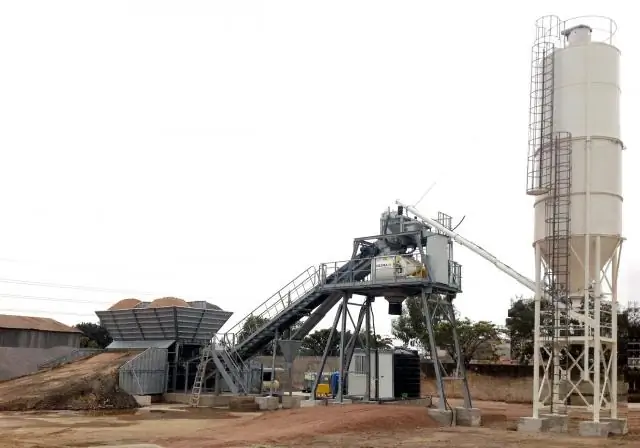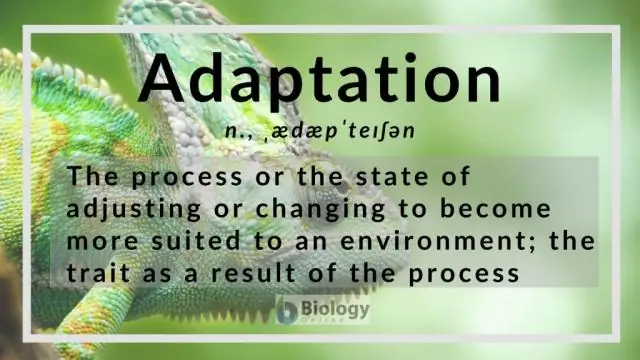- Author Rachel Wainwright wainwright@abchealthonline.com.
- Public 2023-12-15 07:39.
- Last modified 2025-11-02 20:14.
Azotemia
Azotemia (azotaeimia; Greek a- - negative part + zoe - life + Greek haima - blood; synonym: hyperazotemia) - excess content of nitrogen-containing protein metabolism products in the blood.
Allocate:
- Obstructive azotemia (azotaeimia obturativa) - retention azotemia, resulting from a violation of the outflow of urine through the urinary tract when they are compressed or blocked;
- Extrarenal azotemia (azotaeimia extrarenalis; synonym: extrarenal azotemia) - azotemia that develops in the absence of kidney disease, for example, with insufficient blood circulation or increased breakdown of proteins in the body;
- Retention azotemia - azotemia, which is caused by incomplete excretion of nitrogen-containing metabolites in the urine. Retention azotemia can be observed with obstruction of the urinary tract, kidney disease, renal circulatory disorders;
- Production azotemia - azotemia, which is caused by an increased breakdown of tissue proteins in the body with burns and wounds, extensive inflammation, blood diseases, cachexia and is observed even with a sufficiently preserved renal excretory function;
- Renal azotemia (azotaeimia renalis; synonym: renal azotemia) - azotemia associated with impaired renal excretory function;
- Azotemia chloripriva (azotaeimia chloripriva) is azotemia associated with abundant losses of chlorine by the body, for example, with indomitable vomiting.
Found a mistake in the text? Select it and press Ctrl + Enter.






